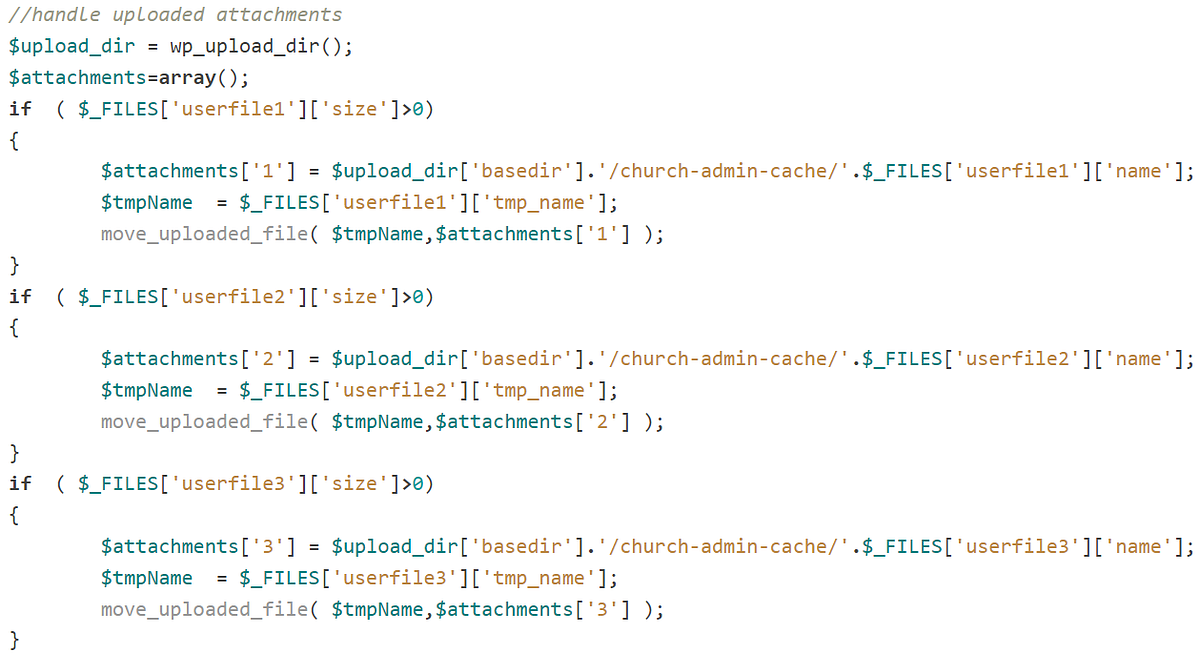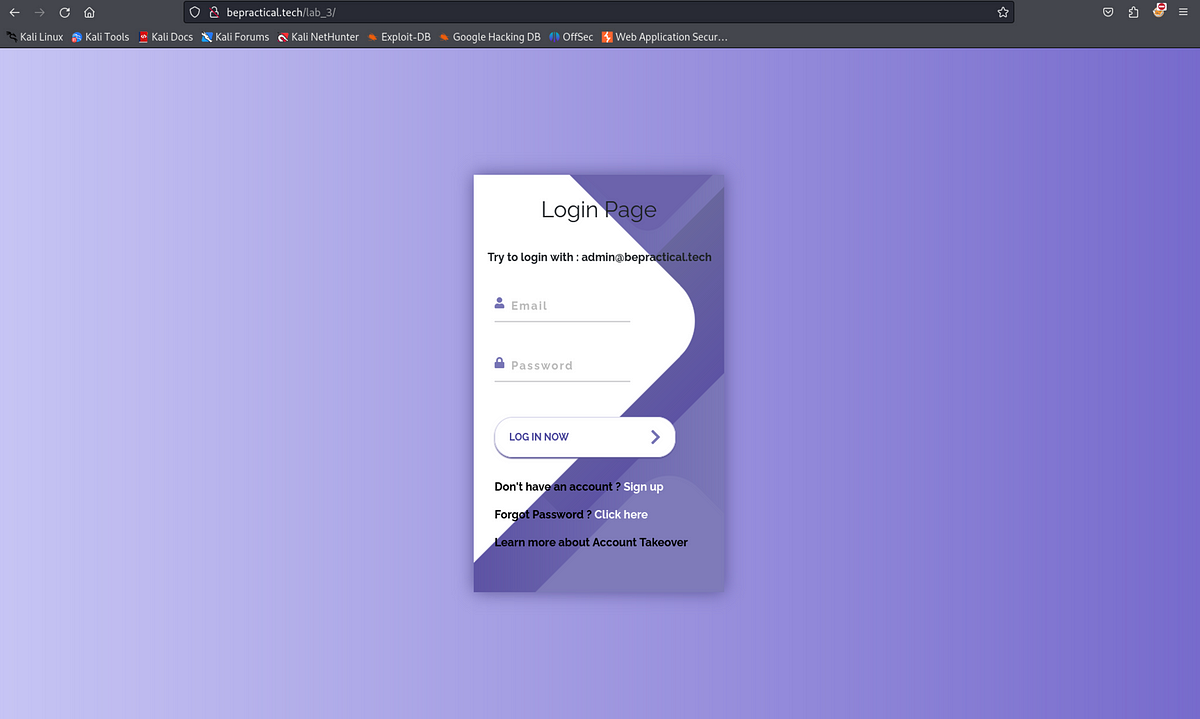BOOK THIS SPACE FOR AD
ARTICLE ADThe Domain Name System (DNS) is a key part of how the internet works. It converts human-readable website names like www.example.com into IP addresses that computers can understand. However, the DNS system has some vulnerabilities that can allow attackers to redirect users to fake websites through a technique called DNS poisoning.
Here is a quick overview of what happens when you type a website address into your browser:
Your computer contacts a DNS server (DNS resolver) to look up the websiteThe DNS resolver converts the website name to a numerical IP addressThe DNS resolver returns the IP address to your computerYour computer uses the IP address to connect to the web serverThe DNS resolver caches the IP address locally so future lookups are fasterThe DNS system was designed in the 1980s for a much smaller internet. There are no built-in security measures to validate DNS data.
DNS poisoning or DNS cache poisoning involves attackers introducing corrupt DNS data into a DNS resolver’s cache. This causes the resolver to return an incorrect IP address, redirecting users to a fake website under the attacker’s control.
It’s like a prank where someone changes the room numbers on a school campus directory, causing students to end up in the wrong classes.
Attackers can poison caches by impersonating a DNS server and sending fabricated replies to a DNS resolver. This works because DNS uses UDP which does not verify identities. The attacker only has milliseconds to send the fake reply before the real one arrives.
Attackers need to guess details like the port number, request ID, and authoritative nameserver to pull off an attack. Or they may hack into a DNS server directly.
In 2010, some US ISPs accidentally used DNS servers in China. They cached poisoned records from China and spread them to other ISPs. This caused censorship similar to China’s Great Firewall, blocking US access to sites like Twitter.
DNSSEC adds digital signatures to DNS data to verify its authenticity. However, DNSSEC adoption has been slow, so DNS remains vulnerable.
Website owners and DNS providers must work together to protect users. Individuals can help by regularly flushing their DNS caches. Overall awareness and adoption of solutions like DNSSEC is critical for a safer DNS system.
DNS poisoning is a real threat, as shown by incidents like China’s censorship extending beyond its borders. While DNSSEC can help, it is currently underutilized. A joint effort by the internet community is required to update and secure this aging but crucial system.
you can read this blog in our website too:
https://bcanote.com/blog/how-does-dns-work-and-what-is-dns-poisoning/
please also visit our website:
Thank you for reading follow for more❤
.png)
 4 months ago
77
4 months ago
77 














 Bengali (Bangladesh) ·
Bengali (Bangladesh) ·  English (United States) ·
English (United States) ·